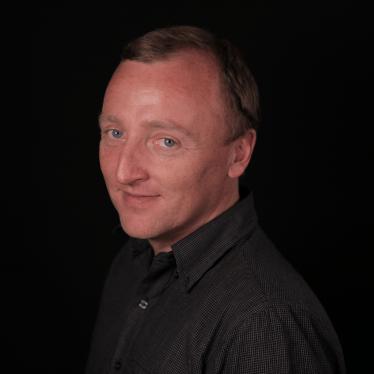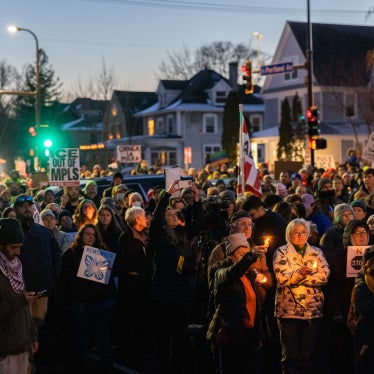The ruling party, the Ethiopian People’s Revolutionary Democratic Front, and its regional offshoots exercise pervasive control over the country’s economic, political and social life. Journalists and opposition politicians are regularly convicted under repressive laws. Peaceful protests are met with brutal crackdowns, and torture of dissenters in custody is commonplace.
In 2009, the government passed a law that sharply restricted most activism concerning good governance, human rights and advocacy. Independent civil society has since been decimated. Even the Heinrich Böll Foundation, which is affiliated to Germany’s Green Party, closed its office in Ethiopia in 2012. It could not fulfil its mission of promoting democratisation, gender justice and sustainable development anymore.
There is also scarce opportunity to obtain independent news and analysis or candidly discuss questions of concern to all Ethiopians, such as the misuse of the anti-terrorism law, restrictions on independent organisations and development priorities. This is particularly worrying given that elections are scheduled for May. Some opposition parties have already indicated they may boycott the elections. They cite the lack of political space, the government’s harassment of their members, the suppression of independent groups and thus the inevitability of the outcome. In 2010, the ruling party won all but two of the 547 seats in parliament.
While the authorities in Ethiopia’s capital Addis Ababa have never been tolerant of dissent, the situation further deteriorated over the past few years. Six privately owned media outlets shut down in 2014 due to ongoing government harassment. At least 22 journalists and bloggers were charged under criminal and anti-terrorism laws for doing their jobs, and approximately 30 more fled Ethiopia. The few international broadcasters that provide programmes for Ethiopia, like the German Deutsche Welle, play a vital role.
While traditional media remain the principal object of the government’s crackdown, new technology and social media have also been targeted. A new generation of politically engaged citizens is emerging in Ethiopia, anxious to use the internet to debate ideas and contribute to the democratic evolution of their country.
Zone 9, a blogging collective that writes about current events of interest to young Ethiopians, symbolises this generation. In April, seven of its members were charged under the anti-terrorism law for their posts. They have now spent many months in prison. Some allege that they have been tortured. There is little chance that the Zone 9 defendants will get a fair trial.
Ethiopia has a strong security and development partnership with numerous western donors. The donors rightly view poverty-alleviation in Ethiopia as a priority and laud its economic growth and regional peacekeeping role. However, these factors cannot be viewed in isolation from Ethiopia’s human-rights situation and the political impact of growing repression.
Development aid is far more effective when citizens are permitted, or even encouraged, to speak up and contribute to policy-making. Governments that crack down on dissent with repressive tactics often end up fuelling extremism, not eliminating it.
Donor countries should voice more concerns over repressive practices in countries like Ethiopia. The German government, for instance, should speak up both publicly and privately to the Ethiopian government about imprisonment of journalists and bloggers and about the impact of repression on the electoral environment. Germany is an important donor country and could motivate other donors to join the fight for human rights in Africa. Without pressure from donors, Ethiopia’s human-rights record is likely to get worse. This will not only harm those directly affected, but also the broader population.
Felix Horne is the Horn of Africa researcher at Human Rights Watch.








